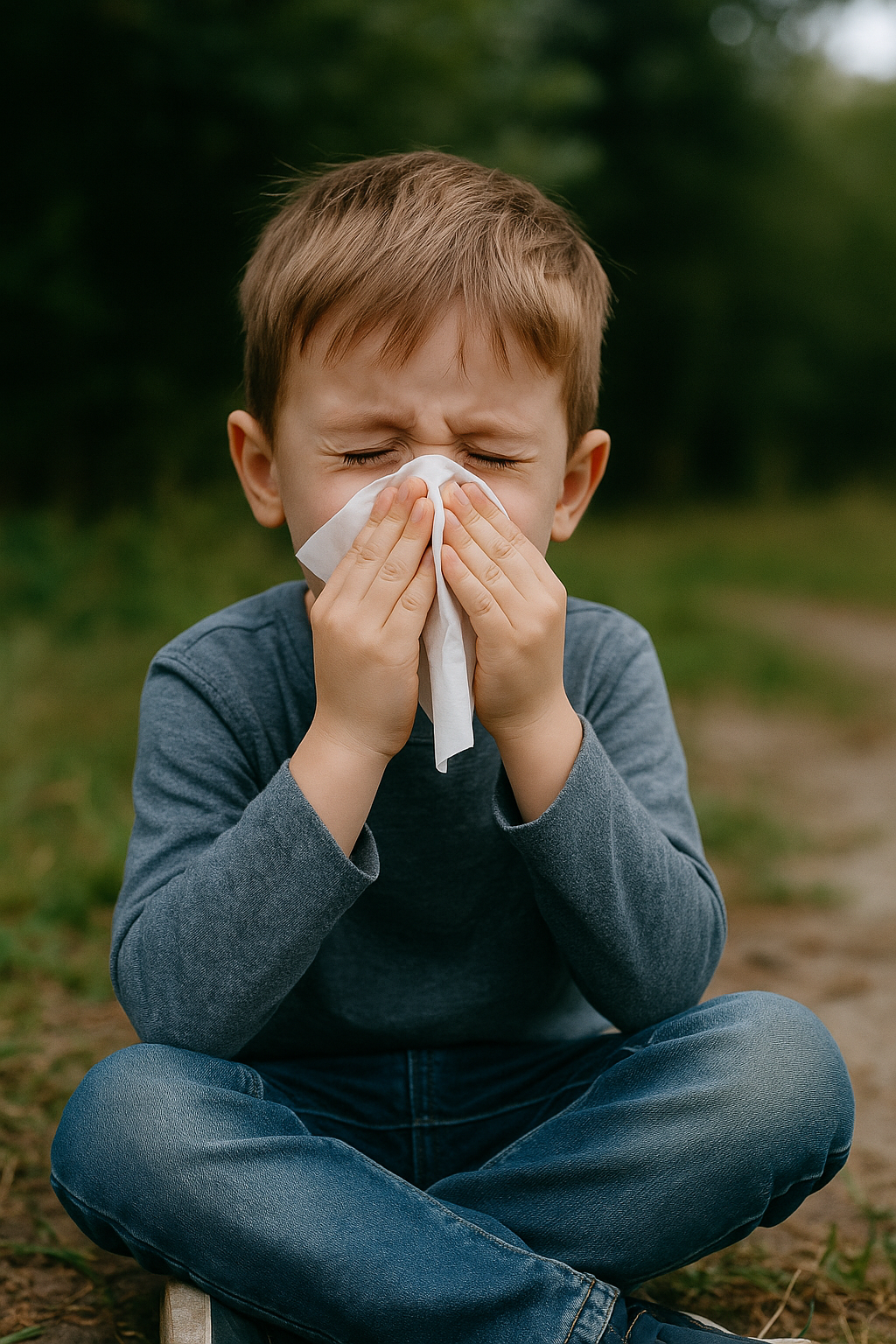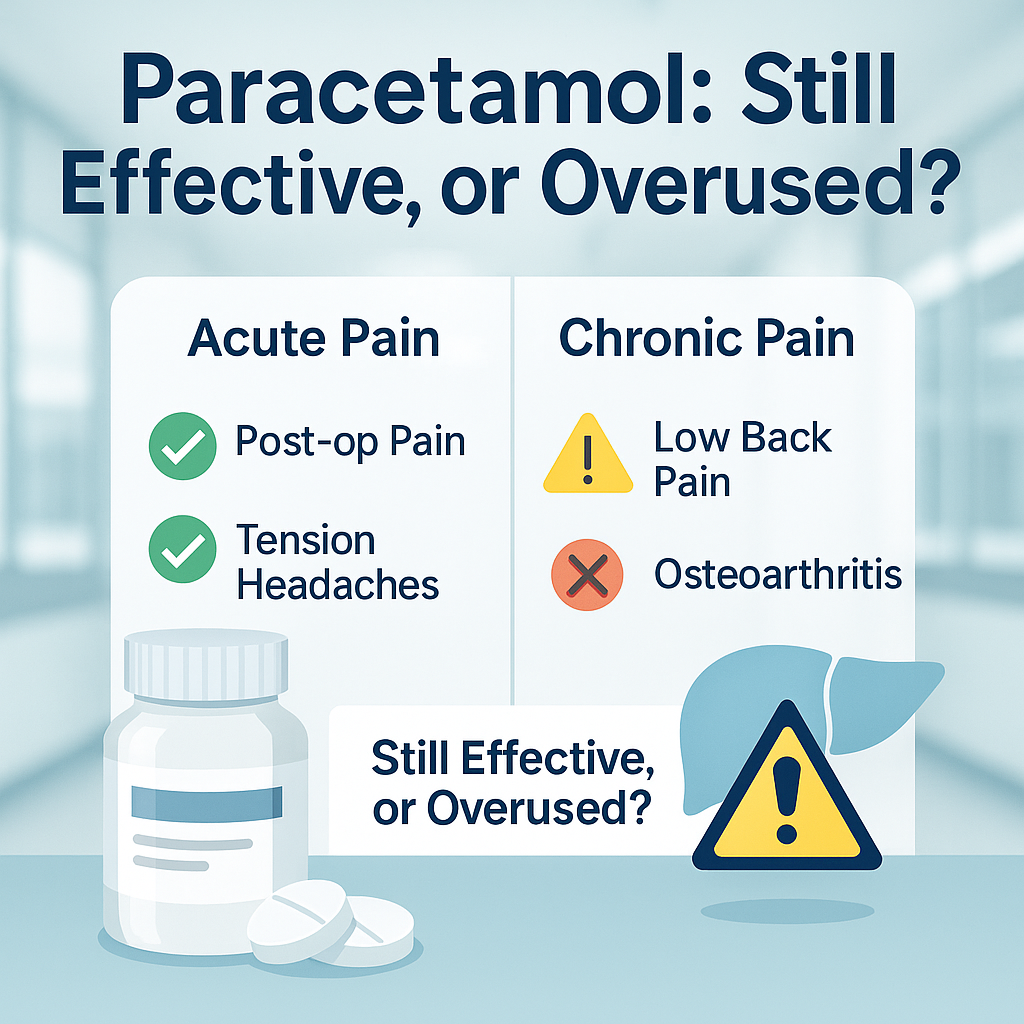259 tıklama
Introduction
If you’re a parent, pediatrician, or even just a keen observer of modern life, you may have noticed a troubling trend: children seem to be getting sick more often than ever. Whether it’s recurring colds, constant runny noses, mysterious rashes, or rising rates of allergies and autoimmune diseases—something is clearly off. But what’s driving this rise in pediatric illness?
In this article, we’ll explore the modern factors affecting children’s immune systems. From over-sanitized environments and poor diets to sleep deprivation and screen overload, the modern world may be changing how young bodies respond to illness. Let’s break down what science says—and what parents can actually do about it.
1. The Hygiene Hypothesis: Are We Too Clean for Our Own Good?
The hygiene hypothesis suggests that exposure to germs early in life helps train a child’s immune system. In ultra-clean, urban environments, children may lack regular encounters with microbes—especially beneficial bacteria—that play a key role in immune development.
- Overuse of disinfectants and hand sanitizers can reduce exposure to non-threatening microbes.
- C-section births may deprive newborns of beneficial bacteria from the birth canal.
- Less outdoor play in natural environments like forests, dirt, and farms reduces microbial diversity.
While hygiene is critical for preventing serious infections, overdoing it may weaken natural immune resilience.
🧠 Fun Fact: Studies show that kids raised on farms have lower rates of asthma and allergies compared to city kids.
2. Diet and Gut Health: You Are What You Eat
A child’s immune system is heavily influenced by their gut microbiome, the diverse community of microbes living in the digestive tract. Unfortunately, modern diets rich in processed foods, sugar, and low fiber may be starving these helpful bacteria.
Common immune-disrupting dietary habits:
- Frequent consumption of ultra-processed snacks and sugary drinks
- Low intake of fresh vegetables, whole grains, and fermented foods
- Overuse of antibiotics, which wipe out both good and bad gut bacteria
Improving gut health isn’t just about probiotics. It’s about whole-food variety and fiber-rich meals that “feed” the good microbes.
3. Screen Time and Sedentary Lifestyles
The average child today spends more time looking at screens than playing outside. This shift has profound consequences:
- Physical inactivity weakens overall health and slows immune response.
- Blue light exposure disrupts melatonin and circadian rhythms, impairing sleep.
- Social isolation from digital overuse may also affect mental well-being, which in turn influences immune health.
Outdoor play not only improves physical strength and vitamin D levels but also exposes children to beneficial environmental microbes—something iPads simply can’t replicate.
4. Sleep Deprivation: The Underestimated Immune Saboteur
Sleep is when the immune system repairs, reorganizes, and strengthens itself. Yet many children today don’t get enough of it.
- The American Academy of Pediatrics recommends 9–12 hours of sleep for children aged 6–12.
- Sleep-deprived children are more prone to infections, behavioral issues, and metabolic imbalances.
Factors disrupting sleep:
- Evening screen time
- Over-scheduled school and extracurricular routines
- High-stress home environments
Even a few hours’ loss per night can dramatically reduce a child’s immune response to viruses and vaccines.
5. Environmental Pollutants and Toxins
Air quality, water contaminants, and chemical exposures in household items all contribute to immune dysregulation.
- Air pollution has been linked to increased rates of asthma and respiratory infections in children.
- Common products like plastics, flame retardants, and cleaning sprays contain immune-disrupting chemicals.
- Exposure to pesticides from non-organic food sources can also interfere with immune signaling.
While we can’t control every environmental factor, being mindful of what children inhale, ingest, and absorb through the skin is a strong first step.
6. Overmedicalization and Antibiotic Resistance
Modern medicine saves lives—but overprescription can have unintended effects.
- Unnecessary antibiotic use contributes to resistant bacteria and disrupts gut health.
- Early use of certain medications (e.g., PPIs, steroids) may alter long-term immune programming.
- Parents sometimes demand “quick fixes” when a wait-and-see approach may be healthier.
Educating families on when medicine is essential—and when the body just needs rest and nutrition—is key to long-term immune strength.
7. Psychological Stress in Children
Stress isn’t just for adults. Children today face an increasing number of stressors:
- Academic pressure and performance anxiety
- Social media and bullying
- Family instability or exposure to conflict
Chronic stress suppresses immune function by elevating cortisol levels and inflammatory responses. Mindfulness practices, physical activity, art, and open family dialogue can buffer these effects.
8. Reduced Exposure to Common Illnesses During Early Development
The COVID-19 pandemic gave rise to what some doctors now call “immunity debt”—a concept suggesting that children who weren’t exposed to common viruses (due to lockdowns, masking, etc.) may now be more susceptible as their immune systems play catch-up.
This may partially explain the spike in viral infections and hospitalizations seen post-pandemic.
While precautions were necessary, they may have inadvertently delayed normal immune training in some children.
So… What Can Parents Do?
Here’s a checklist of evidence-based practices to help support your child’s immune system:
✅ Encourage outdoor play in natural environments
✅ Serve diverse, fiber-rich, minimally processed meals
✅ Avoid unnecessary antibiotics and medications
✅ Prioritize adequate, high-quality sleep
✅ Reduce screen time, especially before bed
✅ Use non-toxic cleaning and personal care products
✅ Teach emotional regulation and stress management skills
✅ Let kids get mildly sick—it helps them get stronger
Conclusion: A Call for Immune-Aware Parenting
We can’t raise kids in a bubble—but we also shouldn’t raise them in a sterile, screen-saturated, nutrient-poor, over-stimulated world. The rise in childhood illness is a multifactorial issue, deeply tied to how modern life intersects with ancient biology.
Supporting a child’s immune system is not about perfection—it’s about small, daily decisions that collectively build resilience. It’s about trusting the body’s capacity to learn, adapt, and heal—with a little help from healthy food, fresh air, sleep, and love.
🌱 Let your child play in the dirt, eat real food, and sleep like a log. That’s real immunity.


